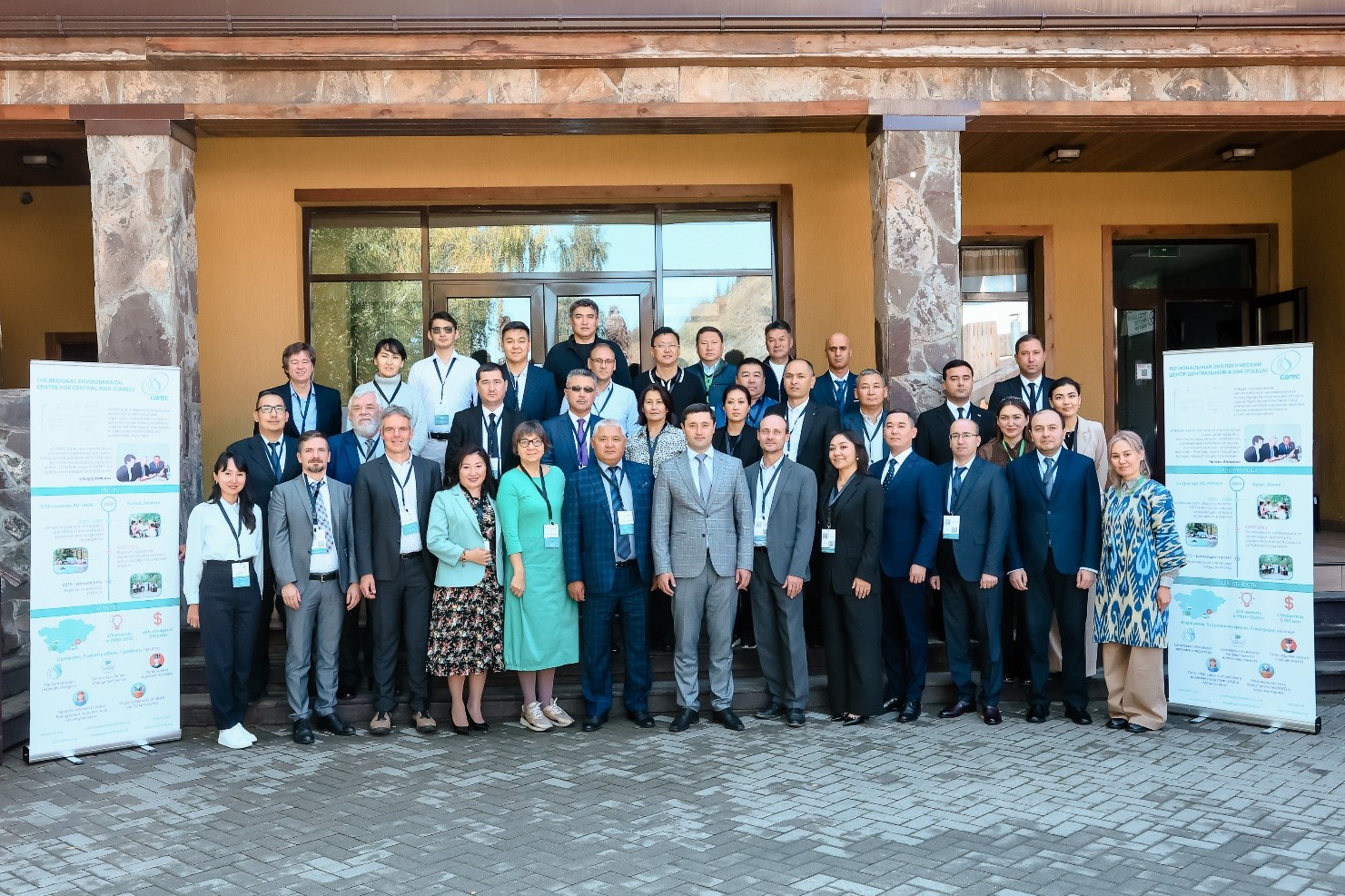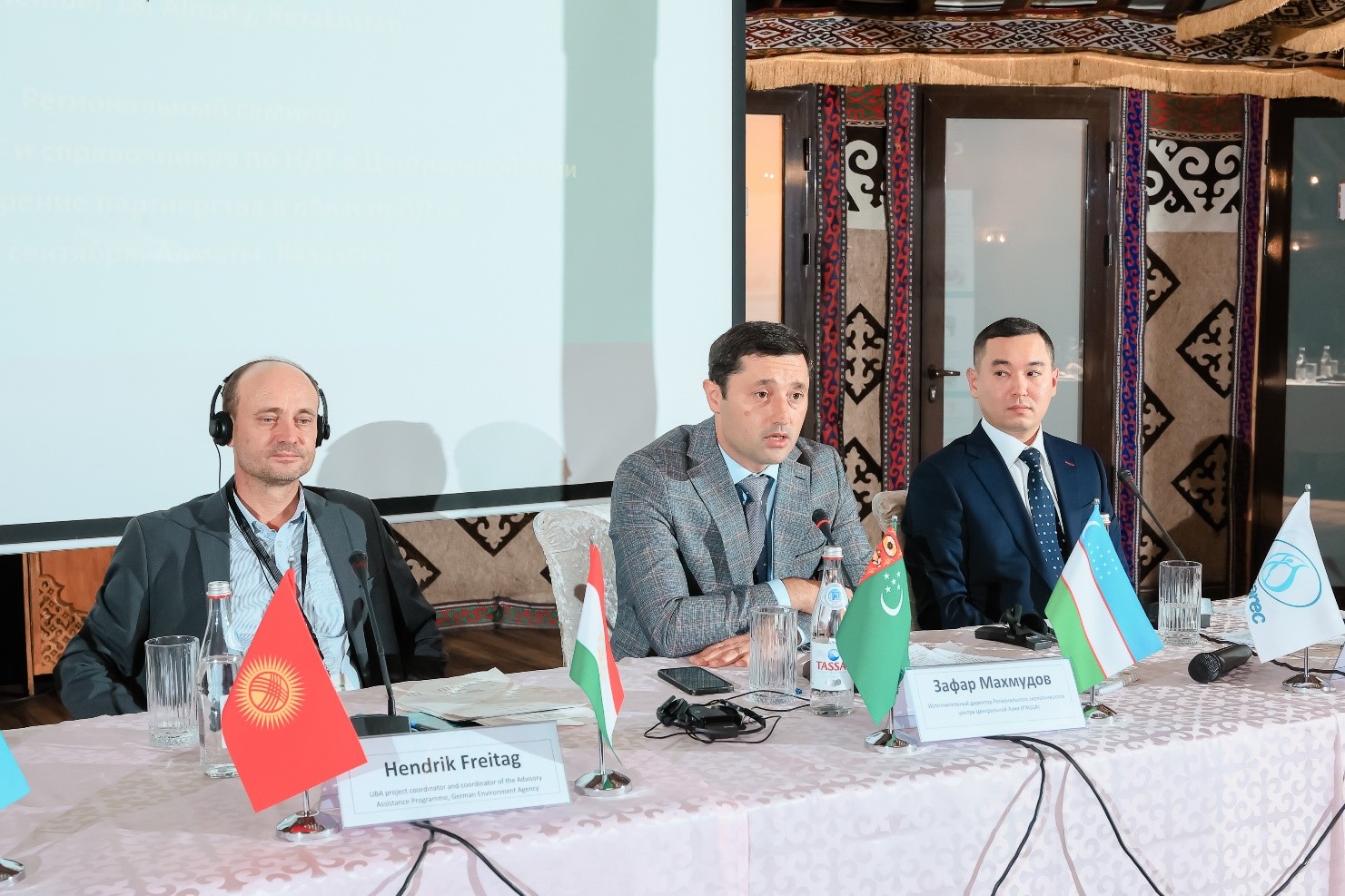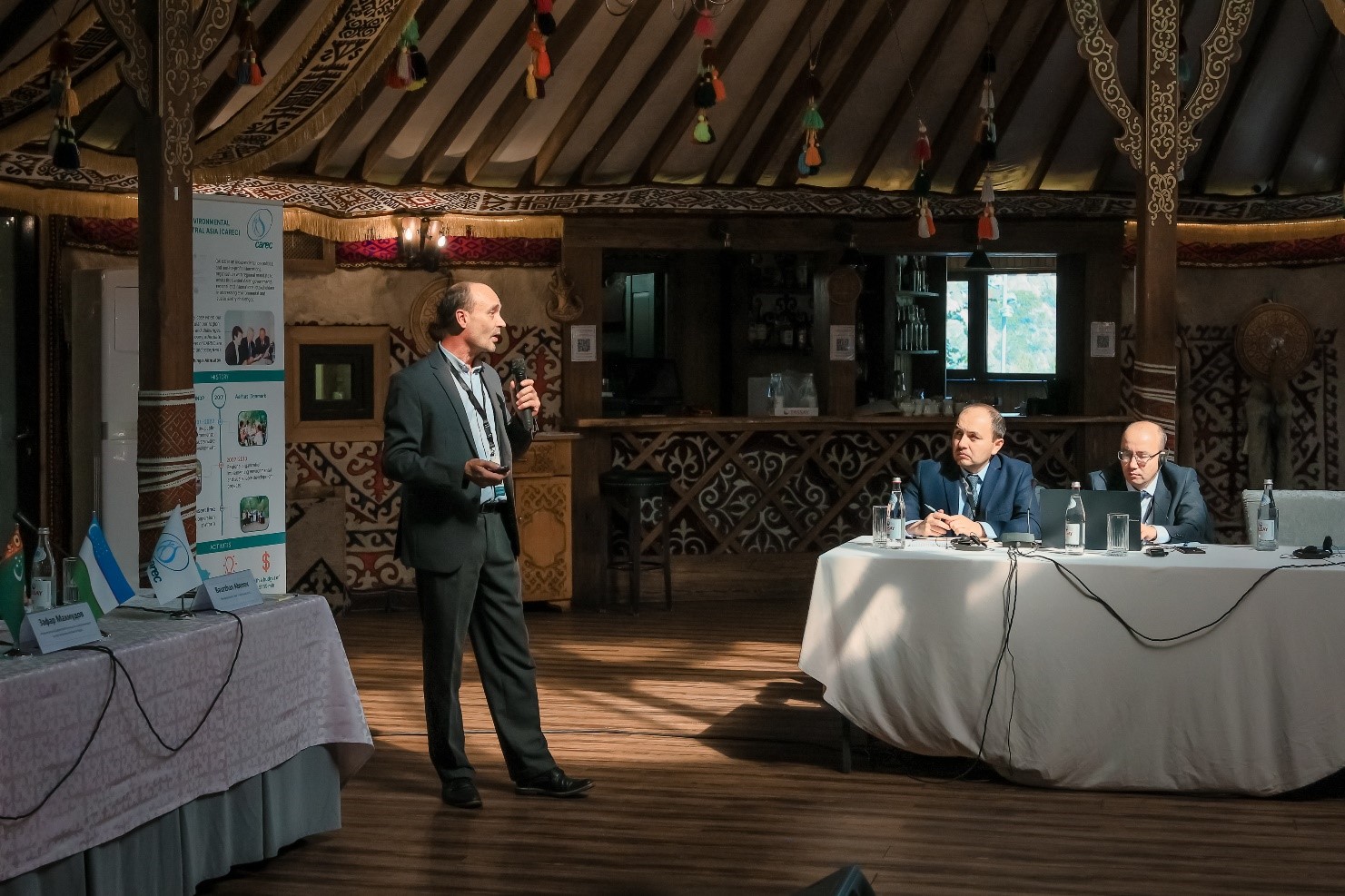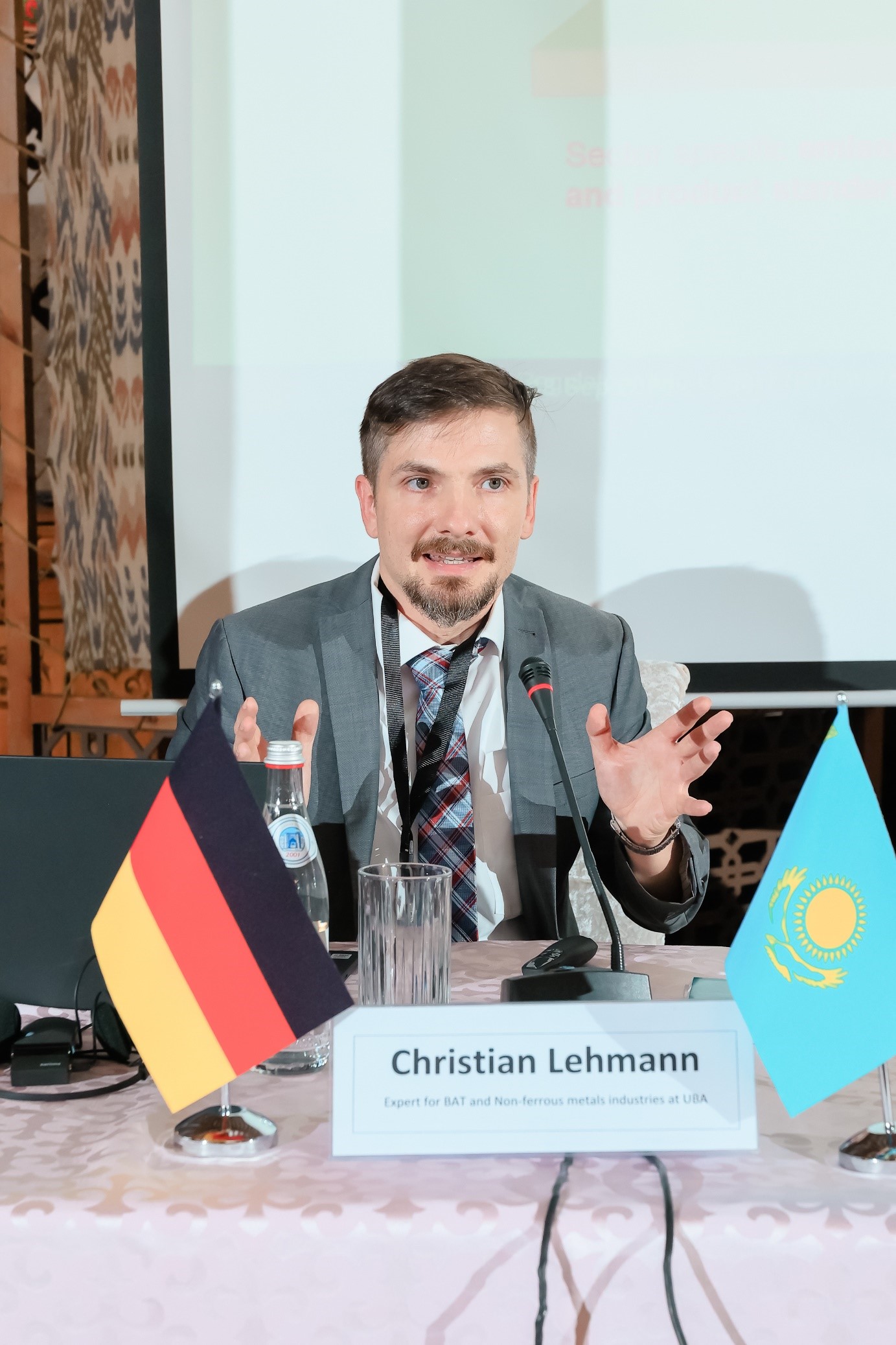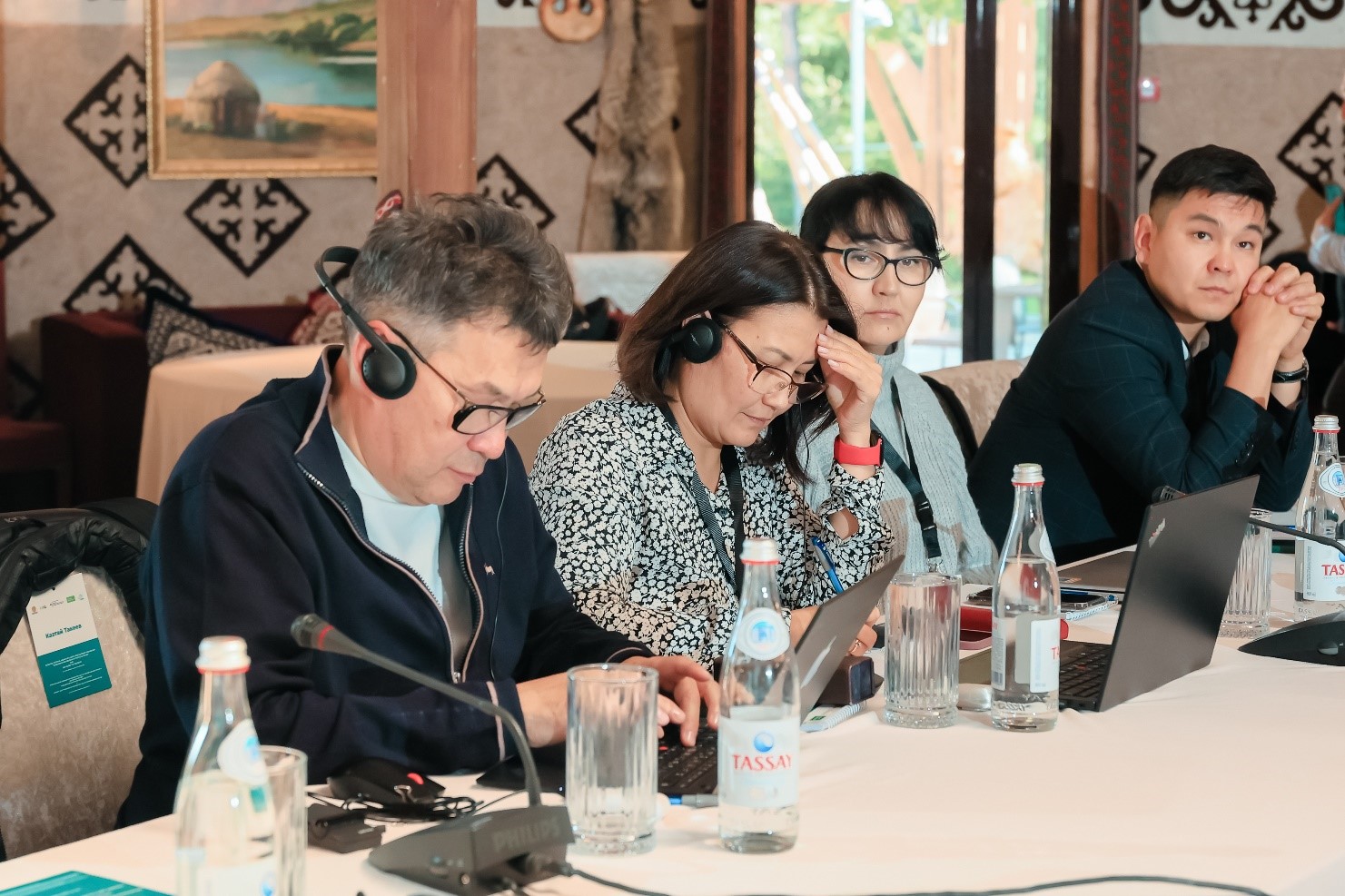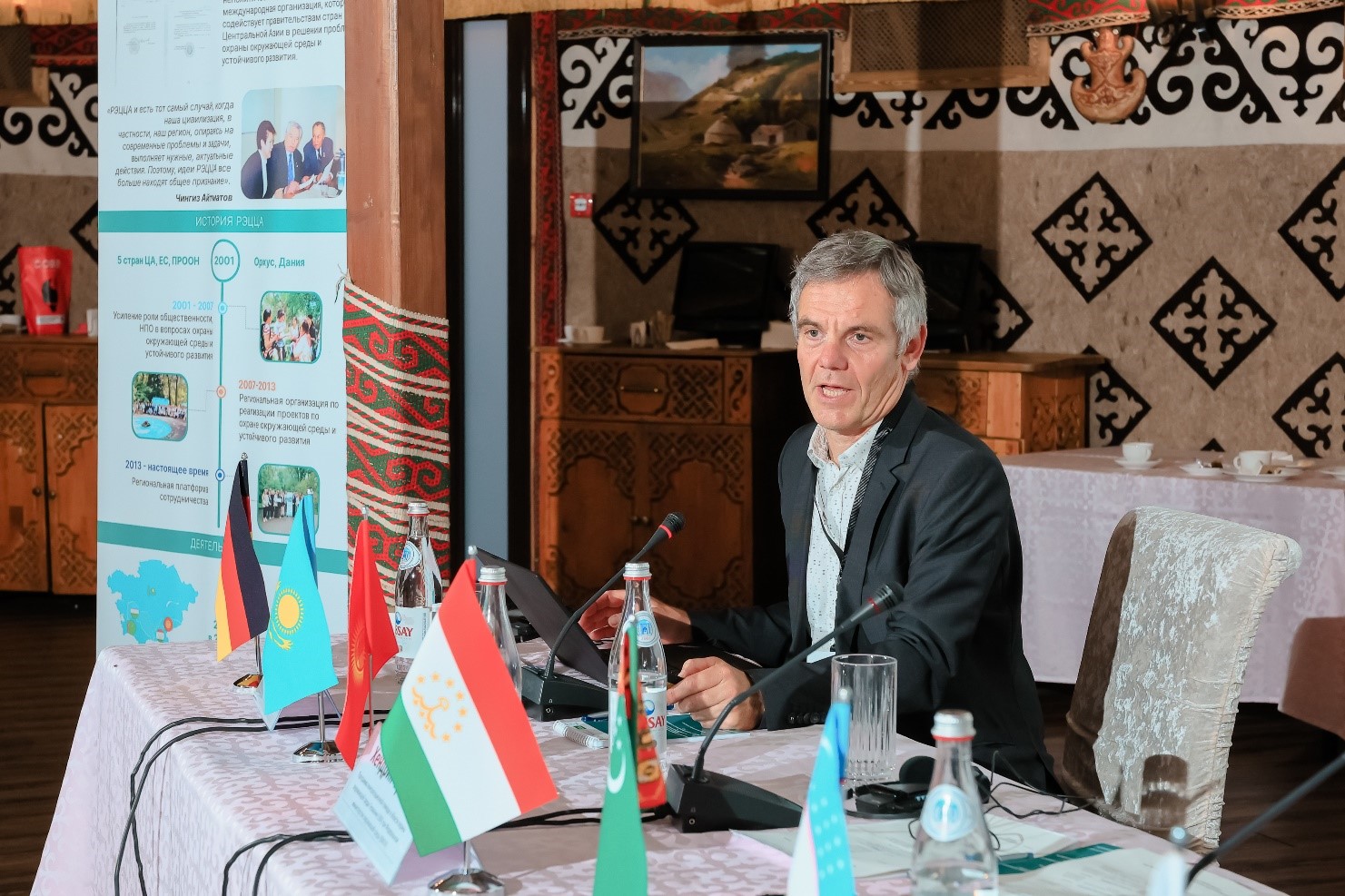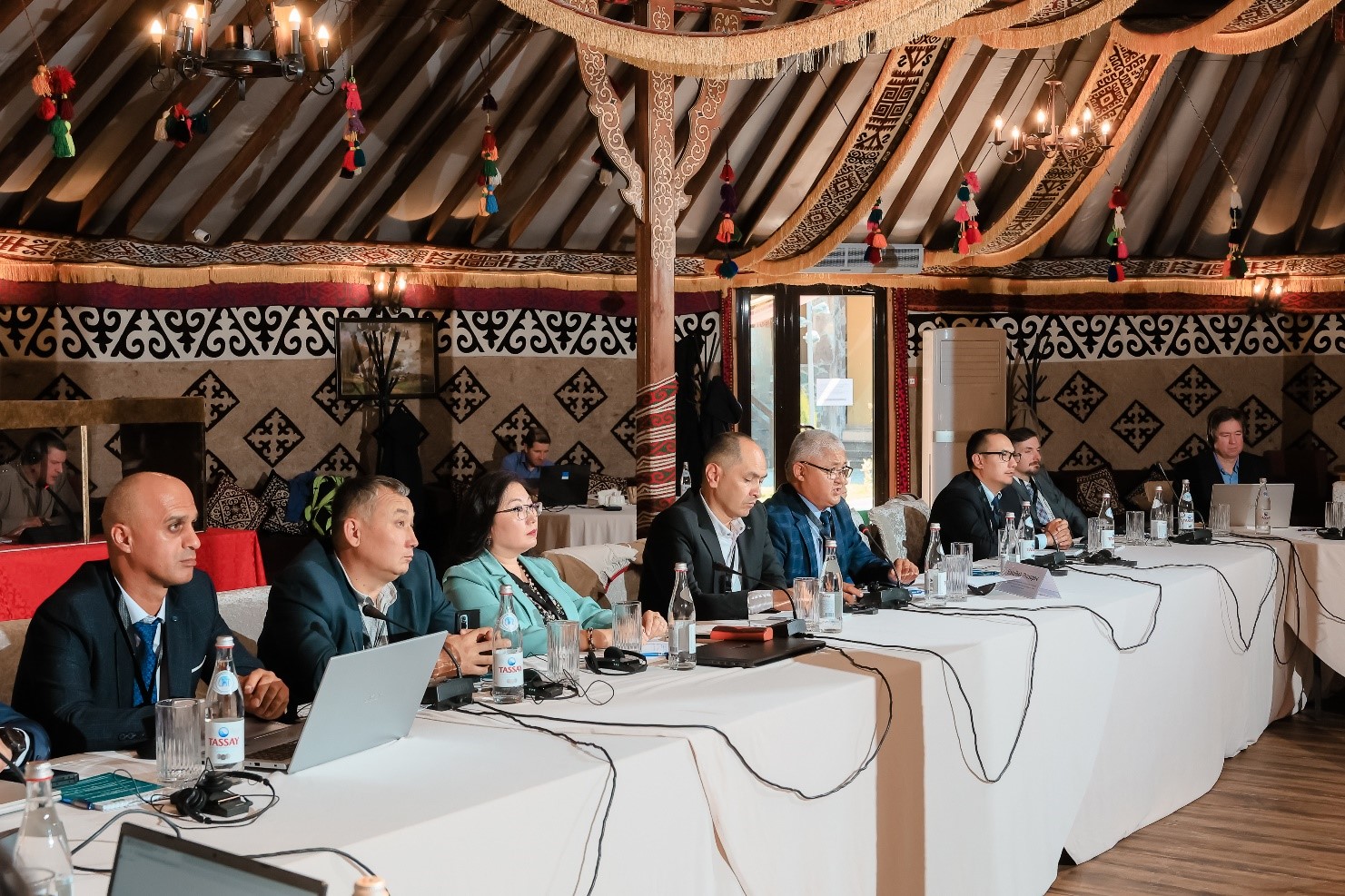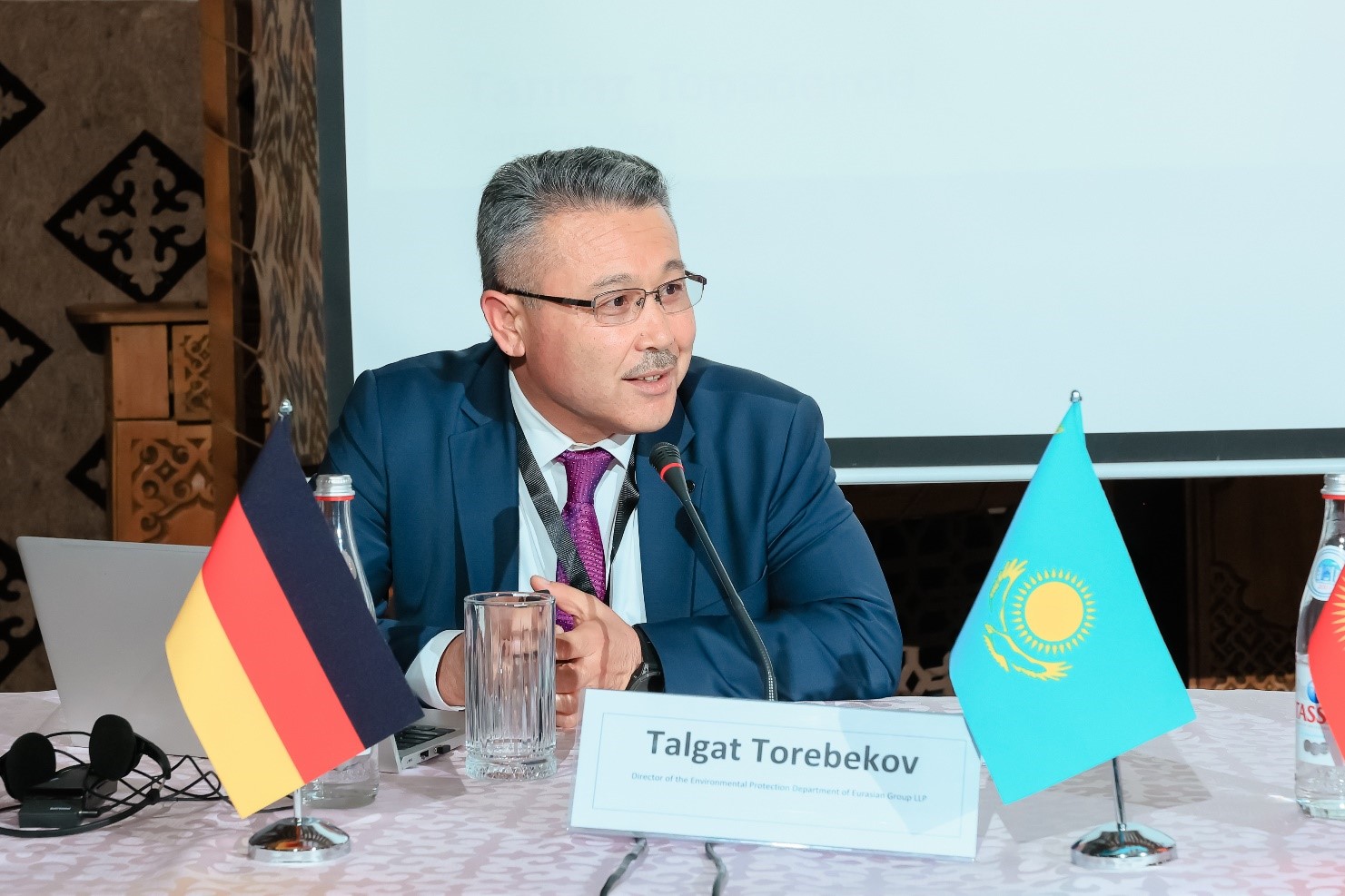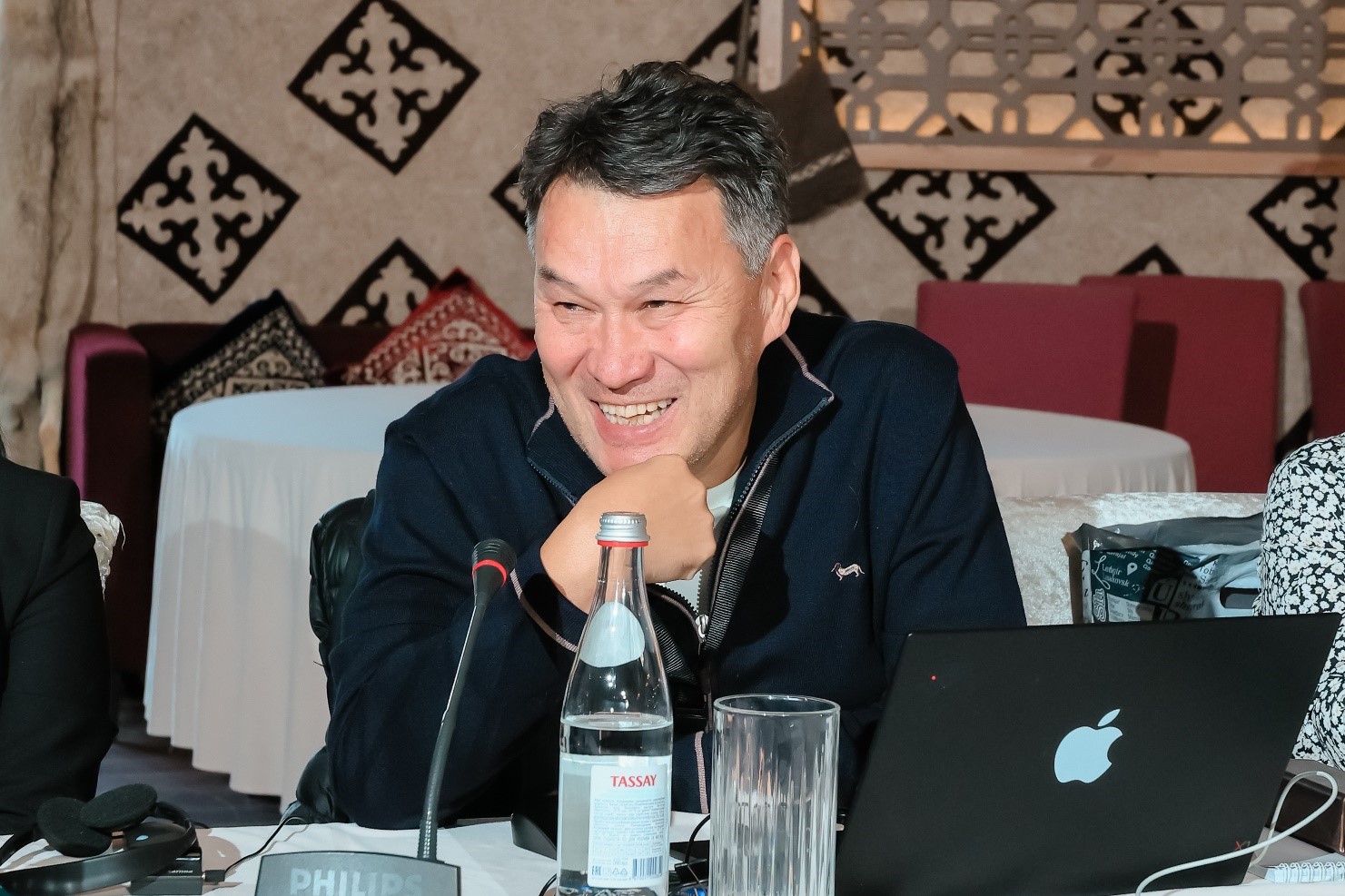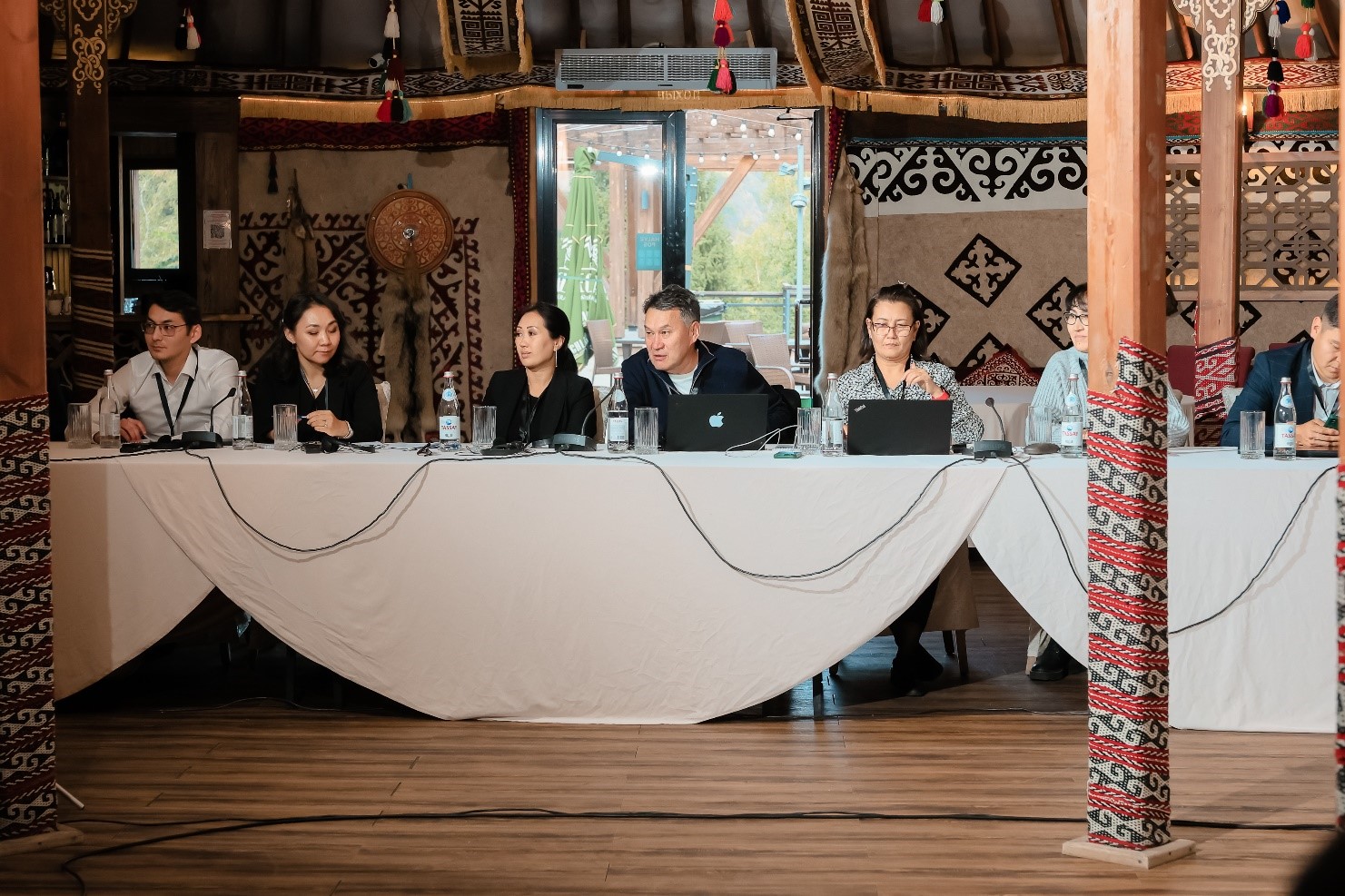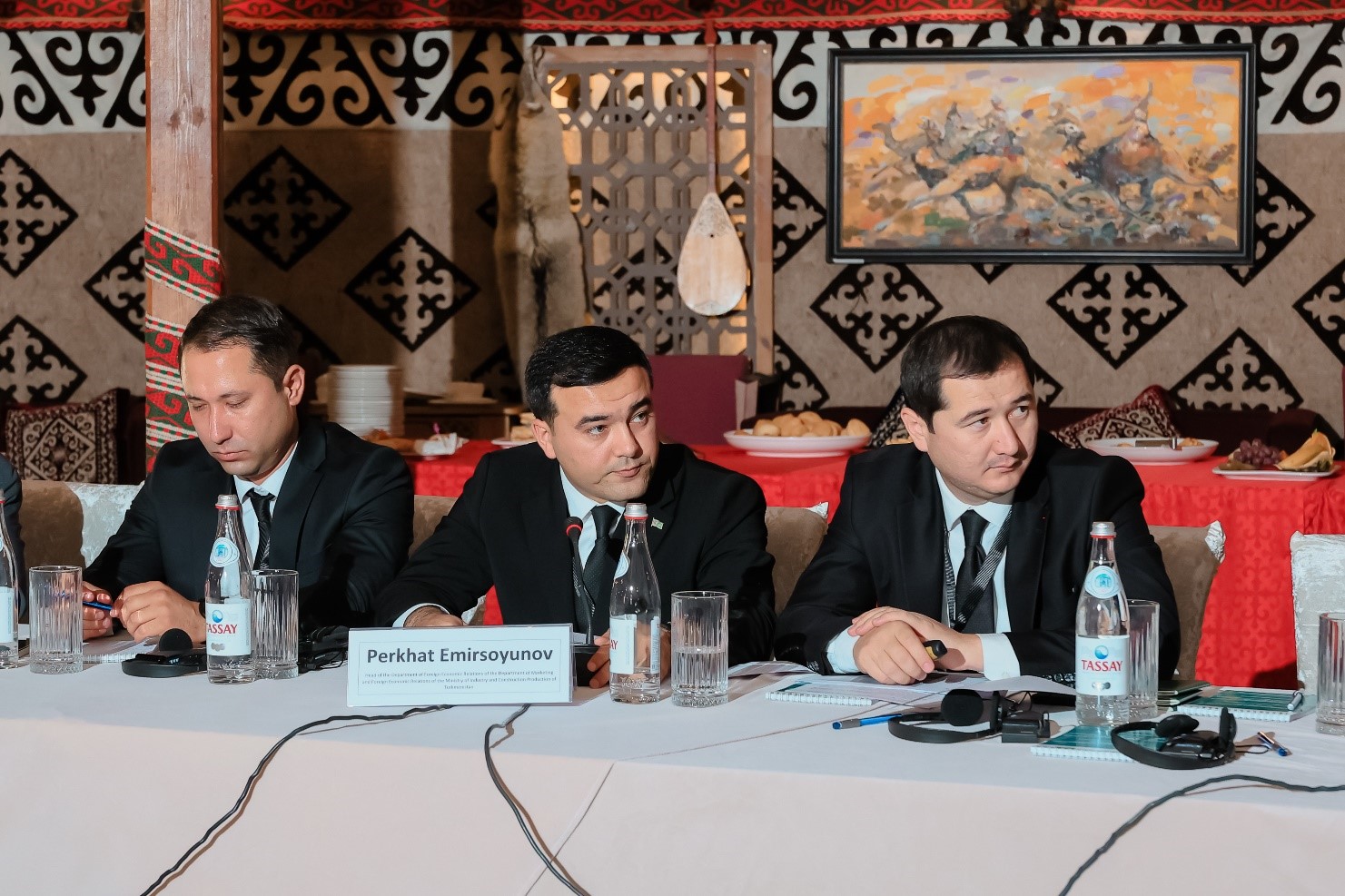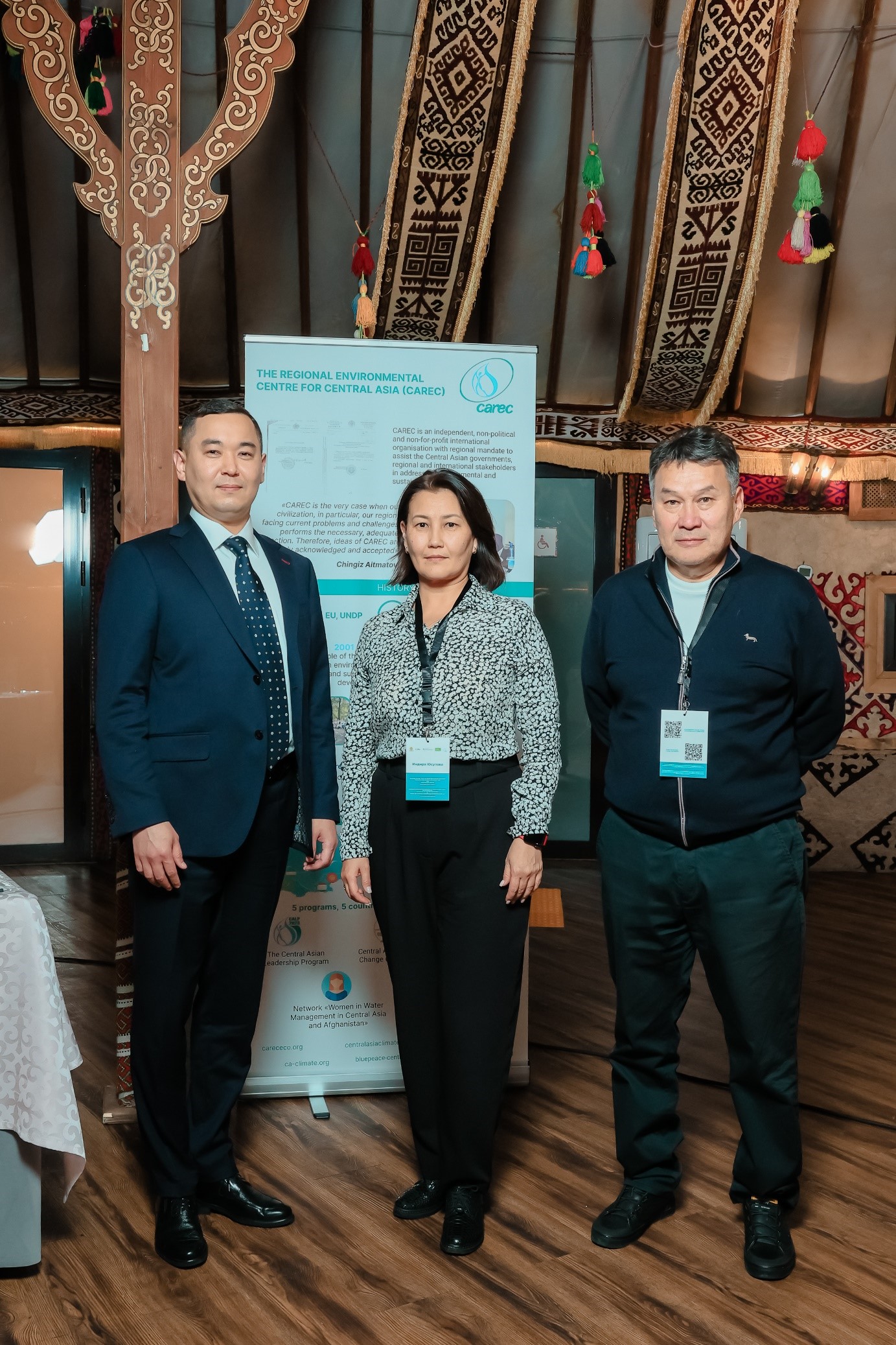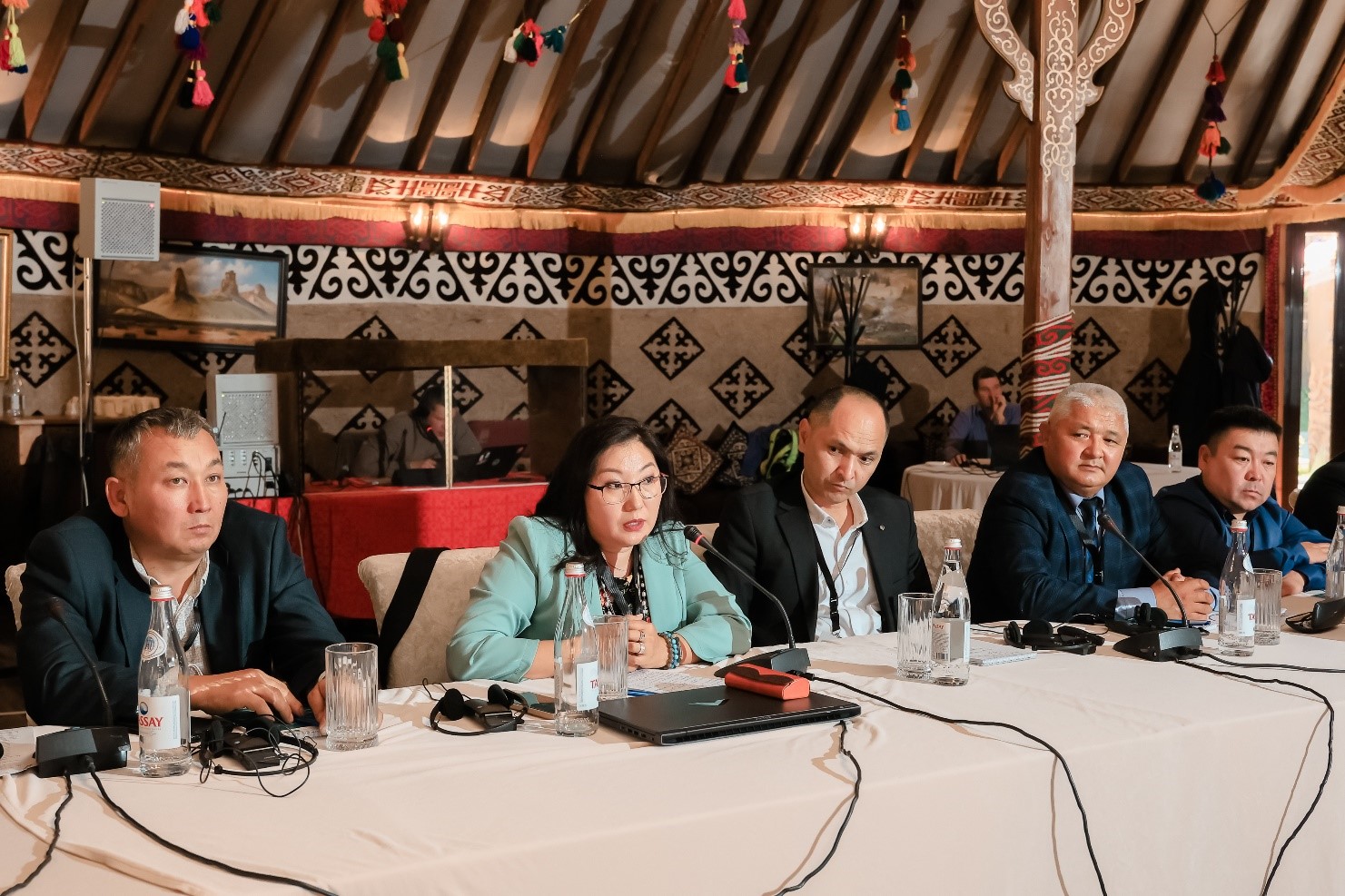18 - 19 September 2024, Kazakhstan hosted the two-day regional workshop on the development of BAT (BAT - best available technologies) and BAT reference books in Central Asia (BREFs) - "Expanding the partnership in the field of BAT" in Almaty.
As is known, the Central Asian countries support the promotion of green economy models that help countries meet their environmental standards obligations, in particular in reducing greenhouse gas emissions and moving to a more sustainable low-carbon economy.
Given the importance of the work being carried out, the Regional Environmental Centre for Central Asia has launched the project "Strengthening Partnership on Best Available Technologies with a Focus on Regional Engagement" to raise awareness and strengthen cooperation between stakeholders to promote the adoption of BAT principles and BREFs for environmentally sustainable practices, especially in the heavy industry sector. CAREC implements the Project in partnership with the Ministry of Ecology and Natural Resources of the Republic of Kazakhstan and International green technologies and investment projects Center NJC. This project is funded by the Advisory Assistance Programme (AAP) of the German Federal Environment Ministry for Environmental Protection in Central and Eastern Europe, the Caucasus and Central Asia and other countries bordering the European Union. It is supervised by the German Environment Agency (UBA).
This capacity building event provided Central Asian countries with unique knowledge and experience in environmental management and implementation of BAT principles.
In particular, the seminar introduced participants to environmentally friendly technologies that help improve efficiency, reduce waste and mitigate the environmental impact of heavy industrial facilities, which are major polluters of the environment.
The event was supported by renowned international experts and provided participants with first-hand insight into clean technologies that can improve efficiency, reduce waste and mitigate environmental impacts in heavy industry.
Flash-poll of the BAT international experts
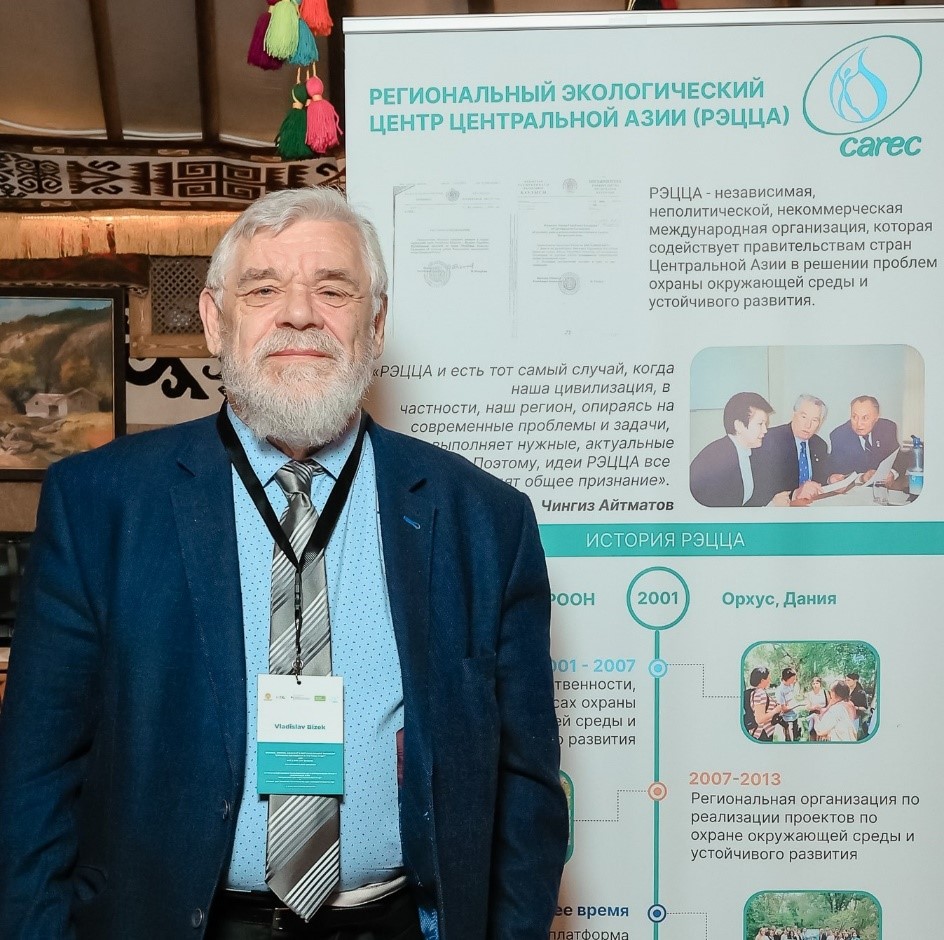
Dr. Vladislav Bizek, the expert on waste management
- What is your primary area of specialization in BAT, and how does your work support the development and implementation of these techniques in various industries? And what do you see as some specific challenges or opportunities associated with the implementation of BAT in Central Asia?
- Since 1998, my core specialization lies in air quality assessment and management. As for BAT, my experience covers mainly large combustion plants, waste incinerators, production of cement and lime and metallurgy.
In addition, I am interested in BAT in energy efficiency. Besides my home country (Czech Republic), I have BAT related experience from Georgia, Kazakhstan, Kosovo, Montenegro, Serbia and Ukraine.
As an example, I was supporting the Ministry of Energy of Ukraine in drafting the National Emission Reduction Plan for Coal-fired Power Plants (i.e. stepwise introduction of BAT).
Water quantity and quality are the common challenge for the CA countries. Therefore, attention must be paid to treatment of industrial waste waters as well as to efficient use of water (closed loop water systems in installations).
As for air pollution, fossil fuels based large combustion plants offer the highest potential for emission reduction followed by heavy energy intensive industries (mostly cement and lime production, ferrous metallurgy). In this case, particular CA countries are different, mainly in relation of the share of coal in national energy mixes and also in relation to structure of national industrial sectors.
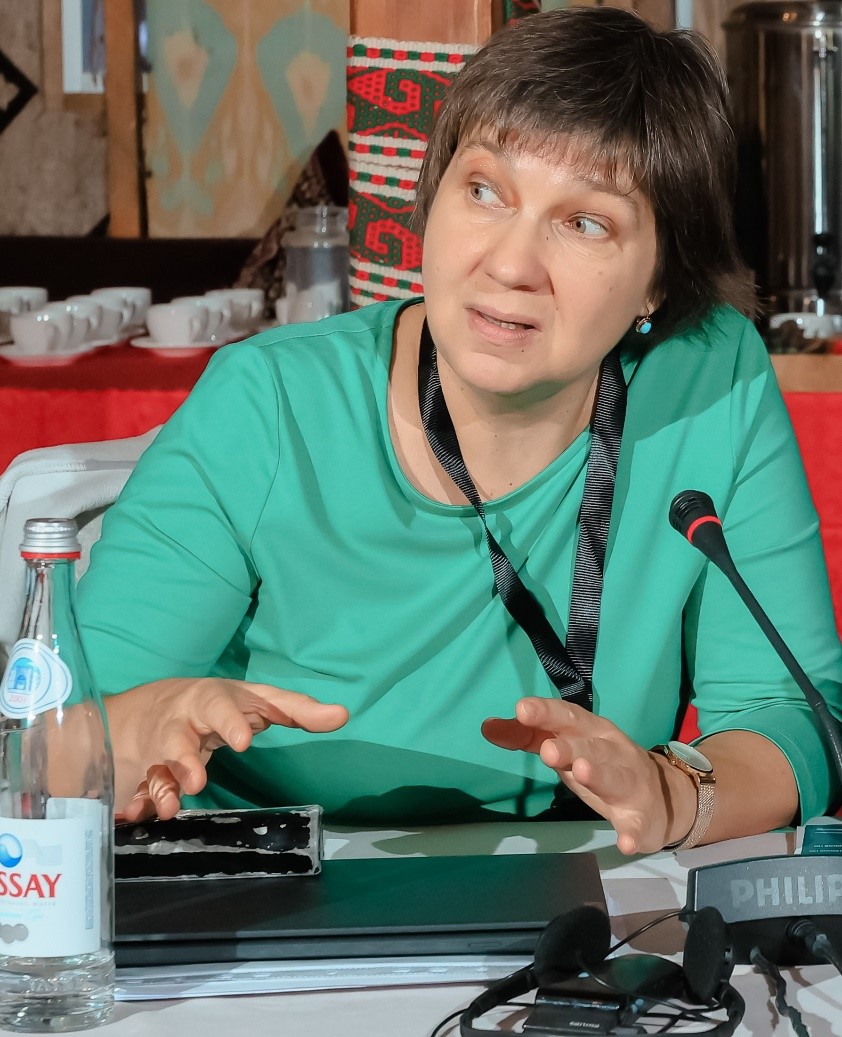 Dr. Tatjana Kolesnikova, the expert on purification of wastewater from centralized sewage systems of populated areas
Dr. Tatjana Kolesnikova, the expert on purification of wastewater from centralized sewage systems of populated areas
- Could you please describe your area of expertise in the field of BAT and how your professional experience has influenced your contribution to this particular workshop?
- The main area of my expert activity is related to the processes and devices of the chemical industry, with the implementation of the best available technical methods directly in production.
Almost every enterprise in the chemical industry has a wastewater treatment plant in its structure. Practical experience as an expert in BAT for chemical enterprises has formed a system of knowledge, skills and abilities in the field of water use, and regulatory practice and the methodological component have expanded this experience. I shared all these developments with the participants during the workshop
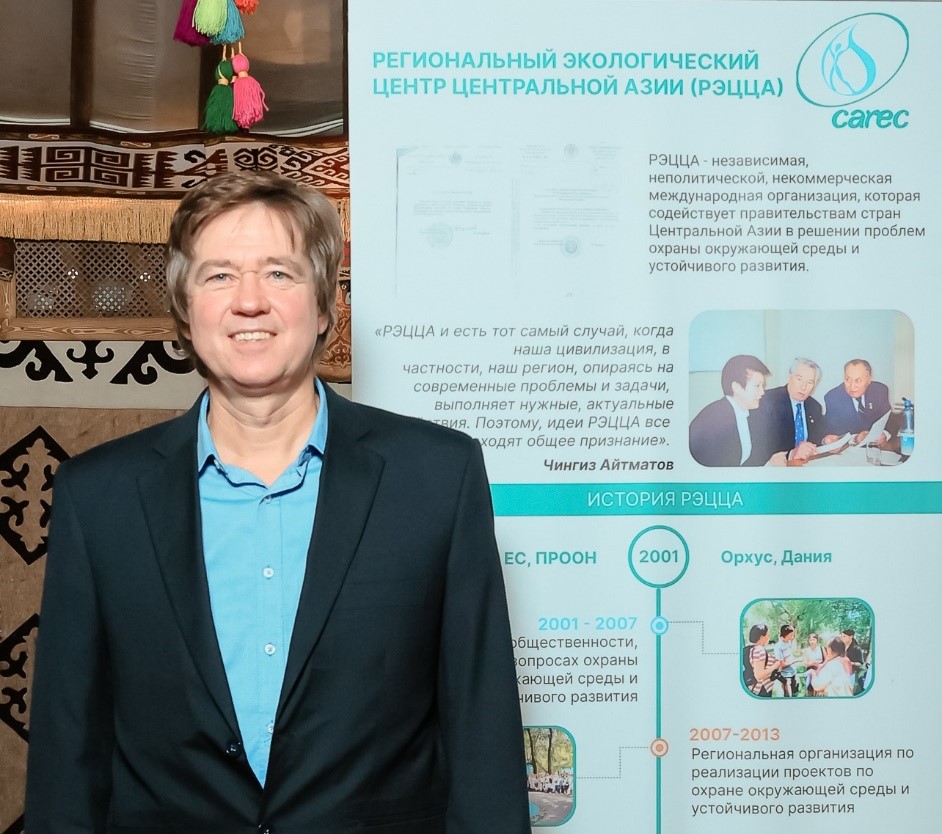 Dr. Richard Schlachta, the expert on production of basic organic chemicals and polymers
Dr. Richard Schlachta, the expert on production of basic organic chemicals and polymers
- Can you share some insights on why BAT is crucial for Central Asia and how it can impact local industries and environmental practices?
- Although the original idea of the BAT concept in the earlier IPPC Directive was to develop Best Available Techniques through an EU-wide exchange of information to help the licensing authorities to define requirements in the licenses based on BAT, in reality the BAT concept means much more: the application of Best Available Techniques for a production process contributes to modern, efficient production. As a rule, this means that products can be manufactured faster and to a higher quality while using fewer resources. The use of closed systems to avoid emissions also promotes health and safety in the workplace.
It is important that the governments concerned support the continuous transition to cleaner production by creating the legal basis in the countries for the mandatory application of the best available techniques or BAT-AELs.
In my opinion and based on my experience, the BAT concept will not have a major impact without any legal obligation to apply it – only the binding BAT-AELs will trigger a movement towards the application of BATs by operators. Of course, it is also very important to convince operators of the benefits of applying BAT (higher product quality, fewer pollutants in the production process and products, better energy use, lower environmental impact and ultimately a better quality of life for all).
Feedback from participants of the regional workshop on BAT and BREFs:
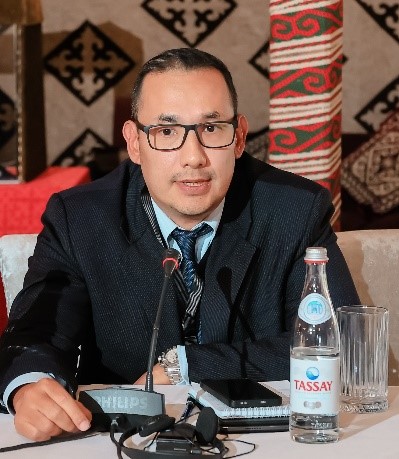
"I would like to express my gratitude and respect to the entire team of the CAREC and the IGTIC for an excellently conducted workshop and impeccable organization. In addition to the interesting speakers and presentations, there was an opportunity to network in an informal atmosphere and exchange contacts. The event had a good flow and insightful presentations. Thank you".
Aitzhanov Asylkhan Kazbekovich, Director of the Department of Strategy, Analytics and Digitalization, International Center for Green Technologies and Investment Projects
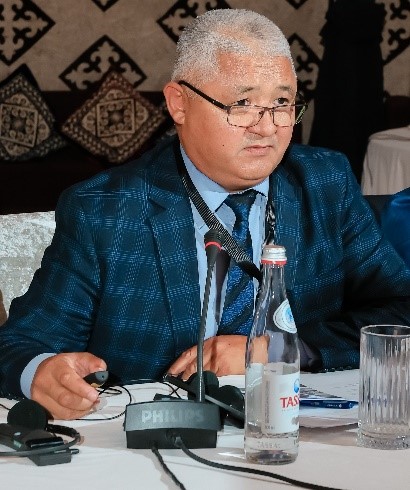
"This workshop addressed relevant issues related to the development of BAT and BREFs. I believe we received very useful information. Taking this opportunity, I would like to express my gratitude to the organizers of this seminar. I hope that our collaboration will continue to be successful in the future. I would also like to suggest visiting large industrial enterprises and wastewater treatment facilities for the purpose of exchanging experiences on conducting environmental protection activities".
Zhusupov Rasulbek Tokonovich, Head of the Department of Environmental Control of the Environmental and Technical Supervision Service under the Ministry of Natural Resources, Ecology and Technical Supervision of the Kyrgyz Republic
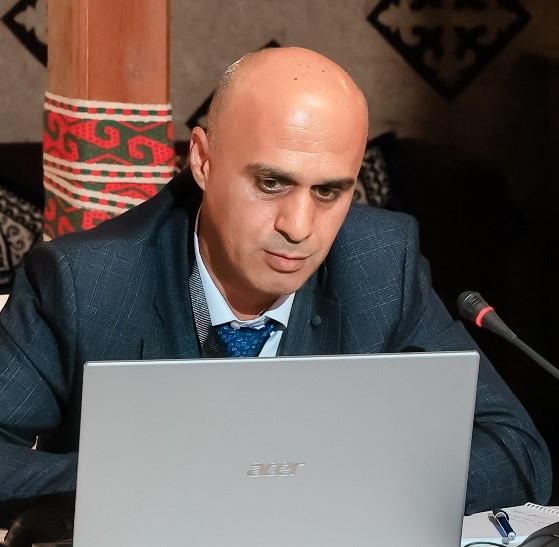
I would like to thank the Regional Environmental Center for Central Asia for organizing such a useful workshop and for the opportunity to gain new knowledge in the field of BAT and BREFs. I received answers to many of my questions regarding the implementation of BAT. I believe that the experience we gained at this workshop will be valuable in my work”.
Mr. Khudoyorov Ismail Rakhmonalievich, Head of the Department of Analytical Control, Soil Salinization and Pesticide Impact of the Center for Analytical Control and Analysis under the Committee for Environmental Protection of the Republic of Tajikistan
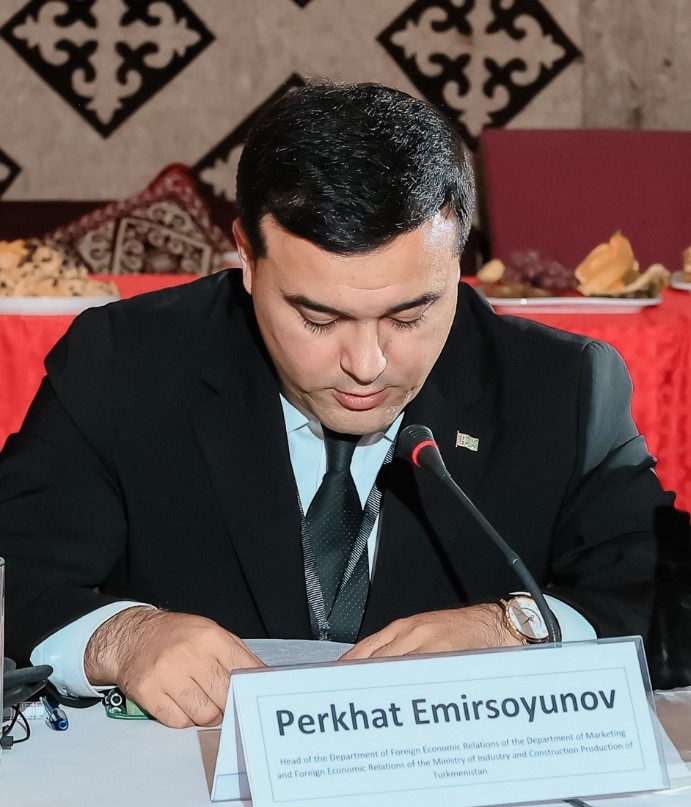
«I would like to express my sincere gratitude for the opportunity to participate in the Regional workshop on BAT held in Almaty. This event was a valuable experience and a wonderful platform for exchanging knowledge and ideas. The workshop was organized at a high level. The program was rich and diverse, allowing us to delve into current issues in our field. I found the presentations by experts particularly valuable as they shared their practical insights and successful case studies. I would also like to highlight the atmosphere of collaboration and friendship among participants from different countries. Interacting with colleagues from Kazakhstan, Uzbekistan, Tajikistan and Kyrgyzstan provided me with new ideas and inspiration for my future work in the field of BAT»
Emirsoyunov Perhat Mamatkulievich, Head of the Department of Foreign Economic Relations of the Marketing and Foreign Economic Relations Department of the Ministry of Industry and Construction Production of Turkmenistan.
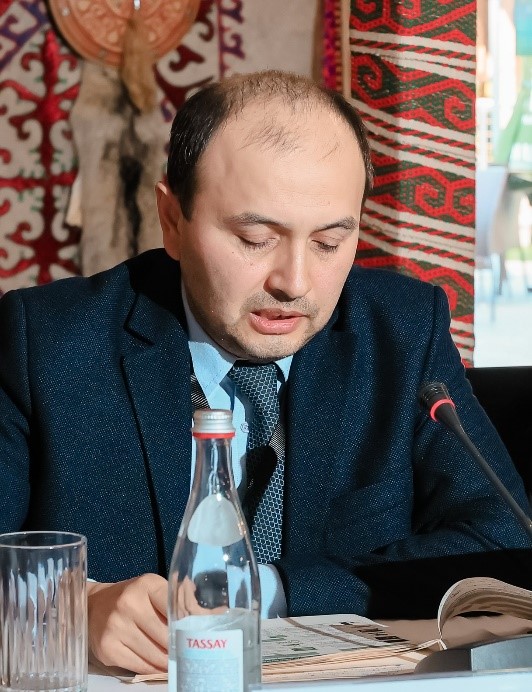
"Thank you for organizing such a useful seminar. We received many practical recommendations that can be applied in our country."
Pirmatov Anvar Abdullaevich, Chief specialist of the department for development of the mechanical engineering industry of the Ministry of Economy and Finance of the Republic of Uzbekistan.
Additional information:
Arailym Shulgauova - Project associate, ashulgauova@carececo.org
This project is funded by the Advisory Assistance Programme (AAP) of the German Federal Environment Ministry for Environmental Protection in Central and Eastern Europe, the Caucasus and Central Asia and other countries bordering the European Union. It is supervised by the German Environment Agency (UBA). Responsibility for content given publications carry authors.
